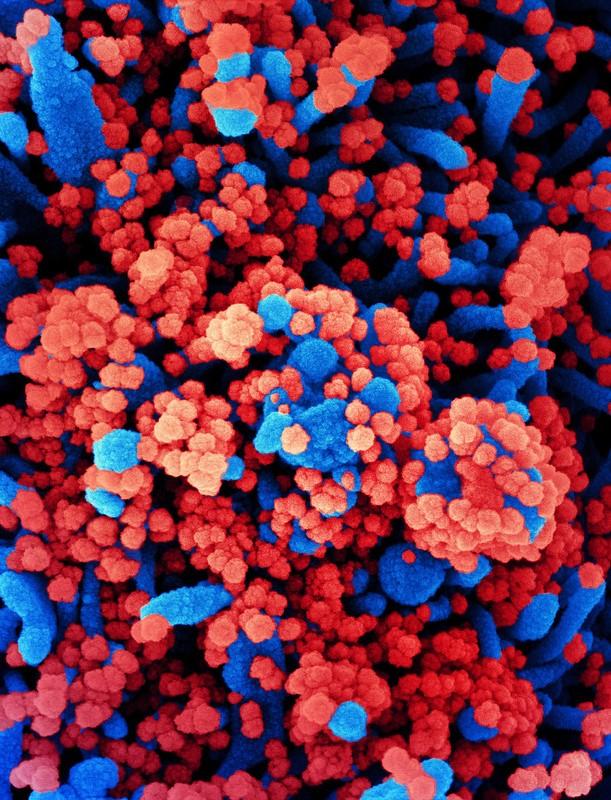A study of more than 16,000 Swedish citizens diagnosed as having long COVID after an initial infection suggests that having a severe initial illness and having high blood pressure may be risk factors for developing the chronic condition. The study is published in BMJ Public Health.

Researchers looked at 1,057,174 Swedish residents who tested positive for SARS-CoV-2 from February 1, 2020, to May 25, 2021. Long COVID, or post-COVID syndrome (PCS), was defined as new or persistent symptoms at least 3 months after the initial illness was diagnosed.
A total of 16,151 people (1.5%) received a PCS diagnosis.
60% with long COVID needed significant treatment
The strongest link for developing long COVID was between severity of early illness and long COVID; 61% of those with long COVID had been hospitalized or had needed intensive care or noninvasive or mechanical ventilation. Use of mechanical ventilation during initial illness correlated with PCS (odds ratio [OR], 114.7; 95% confidence interval [CI], 105.1 to 125.3) compared with requiring no medical care during initial COVID-19.
When looking at healthcare use among those with PSC, the most common diagnosis was hypertension (26.6% of PCS patients vs 3.1% of COVID-negative controls). The second most common diagnosis was dyspnea, or shortness of breath (17.2% in PCS patients vs 0.4% in controls).
The authors noted, however, that 76% of the PCS patients with hypertension were diagnosed prior to contracting COVID. For dyspnea, however, 75% were diagnosed after initial COVID-19 infections.
"Understanding the clinical and demographic characteristics of PCS is crucial to develop targeted care strategies for those suffering from long-term effects of COVID-19," said Hanna Ollila, PhD and study author, in a press release from Umea University.













